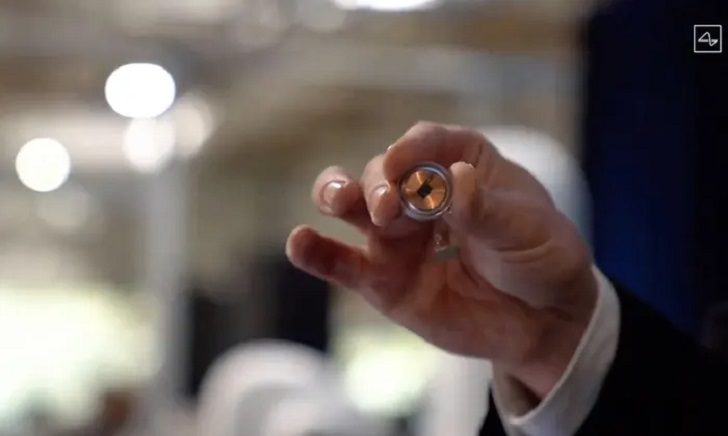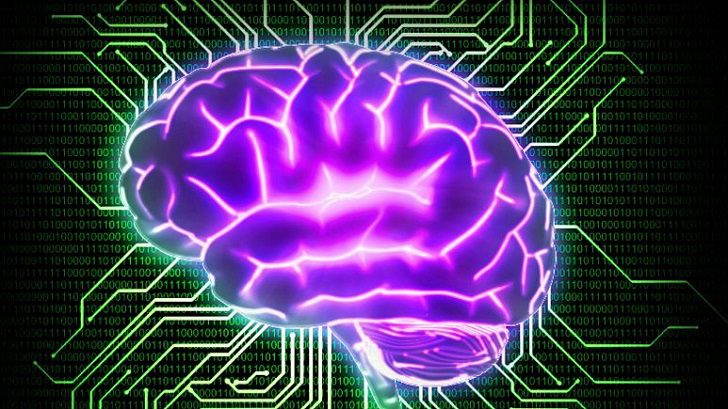Elon Musk is well-known for his high-profile firms such as Tesla and SpaceX, but like some other eccentric billionaires, he is also involved in several strange endeavors too. He stated that he began one of them in an attempt to create “symbiosis” between the human brain and artificial intelligence.
Musk’s neural-interface technology firm is called Neuralink. It is creating a gadget that would be implanted in a person’s brain to record and perhaps stimulate brain activity. Musk has described the technology as “a FitBit in your head.”
What is Neuralink?

Win McNamee/ Getty Images | Musk hopes that the technology will become commonplace, turning humans into cyborgs
Elon Musk desires to control machines with his thoughts alone. Musk and his colleagues announced in July 2019 that they had invented ultrafine “threads” that can be weaved into the brain to monitor neurons. The business has also created a robot that, under the guidance of a neurosurgeon, can execute the delicate procedure.
Upon launching the firm in 2016, Musk stated that he intended to assist humans in competing in a world where artificial intelligence had overtaken them by providing us with greater bandwidth. With this discovery, however, the researchers have shifted their focus to assisting patients with brain-related diseases.
The latest announcement from Musk
Neuralink, a health tech company founded by Elon Musk, updated its brain-implant technology during a “show and tell” recruitment event on Wednesday evening. Musk stated at the event that he intends to get one of the implants.
Musk stated that two of the company’s apps would seek to restore eyesight, even for those born blind, while a third application will focus on the motor cortex, restoring “whole body functionality” to those with severed spinal cords. Musk stated, “We are certain there are no physical barriers to restoring complete bodily functions.”
Neuralink to start trails soon

Neuralink/ AFP/ Getty Images | World’s richest man says human trials will begin within six months
After missing prior deadlines set by the billionaire CEO, Elon Musk anticipates human clinical trials of a wireless, quarter-sized brain chip built by his business Neuralink to begin within six months.
Neuralink is creating brain chip interfaces that, according to the company, might allow crippled people to move once again and communicate, and Musk believes the company will also focus on restoring eyesight.
Neuralink, with offices in the San Francisco Bay Area and Austin, Texas, has conducted animal studies in recent years as it seeks clearance from the US Food and Drug Administration (FDA) to commence clinical trials.
Musk stated that the first two human applications targeted by the Neuralink gadget would be to restore eyesight and enable the movement of muscles in individuals.
Synchron
According to current and former workers, Neuralink has routinely missed internal deadlines to get FDA permission for the initiation of human studies.

Canva/ Reuters | In 2020, Neuralink showed off one of its chips embedded in a pig named Gertrude
Synchron, a competitor, has already begun human trials of a brain interface that enables paralyzed individuals to operate digital gadgets with their thoughts wirelessly.
The neural implant being evaluated does not need open brain surgery; rather, it is inserted through a tiny incision in the neck, up the jugular vein, and into the brain.
Synchron reached a significant milestone in July when it implanted its device in a patient for the first time in the United States. The company has already completed trials on four patients in Australia.
Reuters reported in August that Musk contacted Synchron early this year about a potential investment after expressing irritation to Neuralink staff over their poor development.




